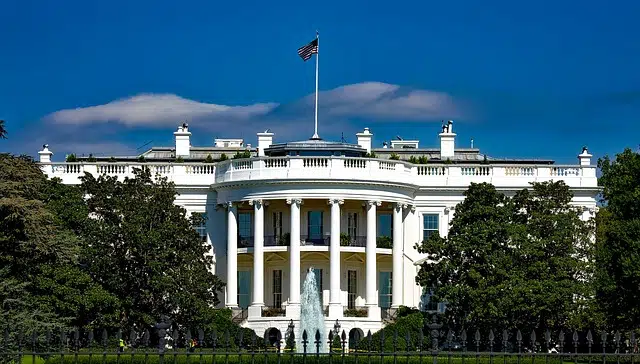
The director of a company can be referred to as an executive.
Coming from the family of a Latin verb that means "to fulfill" or "to consummate" , the term executive refers to that which does not allow its execution to be deferred.
For example: “The mayor gave an executive order to restore the jurisdiction's schools and hospitals,” “An executive decree from the president allowed the release of the four detained people.”
Executive is, on the other hand, a person who is part of an executive committee or who holds a senior management position within a company. The executive usually receives a high salary and is required to dress formally: “My uncle is an executive at a multinational group,” “I am working hard to get a promotion and become a high-ranking executive.”
The Executive Branch
The Executive Branch is known as one of the three basic powers of the State , along with the Legislative Branch and the Judicial Branch .
The Executive Branch, sometimes referred to simply as the Executive , has the function of enforcing and sanctioning laws that regulate social behavior. The division of the government that is responsible for the daily management of the State is also known as the Executive.

The Executive Branch is the area of government that is responsible for the day-to-day management of the State.
An important role in the production of programs and shows
An executive producer is a person who fulfills a series of functions in the world of entertainment, entertainment or the media. Your tasks may vary according to the field you are in charge of, the company (since each company can delegate specific tasks that are outside the general definition of the position) or cultural traits of each particular region.
Different tasks of the executive producer
Below, the competencies of this position are evaluated in different areas:
* television and cinema: is responsible for managing all groups of people that are part of the company, from directors and actors to makeup artists and lighting artists. In this sense, he is the one who controls the workflow, to ensure that everything stipulated on day 0 is met, and proposes solutions for obstacles that may arise during the filming sessions (which may be related to inclement weather). of time in the middle of outdoor recordings, with camera breakdowns, etc.). Regarding such potential problems, you must not only offer solutions, but you must be open to suggestions from your colleagues. On the other hand, you have the responsibility of finding financing for the projects (an objective that can be achieved through private or public means) as well as the freedom to modify the destination of each monetary income, as you deem necessary;
* only on television: within the genre to which the programs you are working on belong, you have the possibility of proposing ideas for the creation of new content. Likewise, he is responsible for organizing the schedules of all his products, carefully analyzing the competition and making decisions that can mean success or failure for the entire team . You must manage the presence of advertising in the programs with the corresponding companies , as well as search for sponsors for each broadcast and keep exhaustive control of the campaigns that the network itself decides to place in its schedules. It is important to highlight that television series often depend on a good advertising strategy, more than on the quality of their content;
* music: currently, record labels clearly distinguish between the executive producer and the musical producer; the first is in charge of decisions related to business and artist hiring, while the second works directly with musical content;
* video games: being a relatively young industry, despite having existed for more than two decades, the role of the executive producer is not as defined in this case. It can be said that his job is similar to that of a film executive producer, especially in terms of promotional work and marketing decisions.
